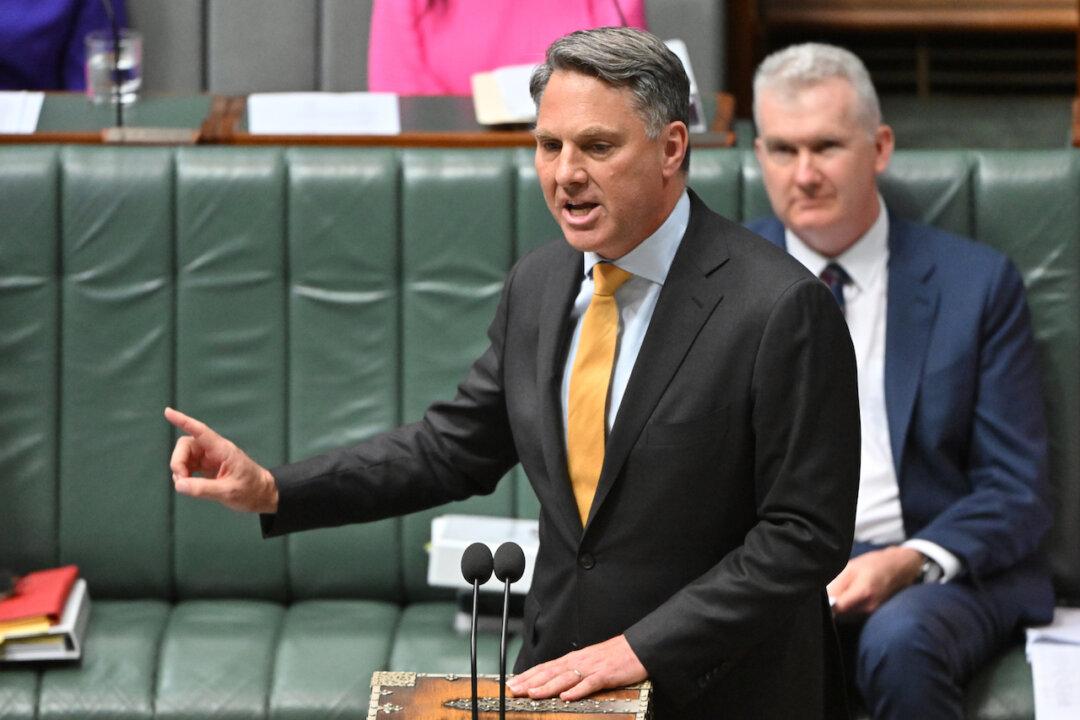Australia’s Defence Minister Richard Marles has said that the AUKUS deal will be one of the nation’s most significant national security decisions in decades as the federal government is set to unveil its nuclear submarine plan in March.
Marles has also assured Australians that the nation will not be left with a capability gap as the ageing Collins-class submarine fleet nears retirement, reported The Age.





